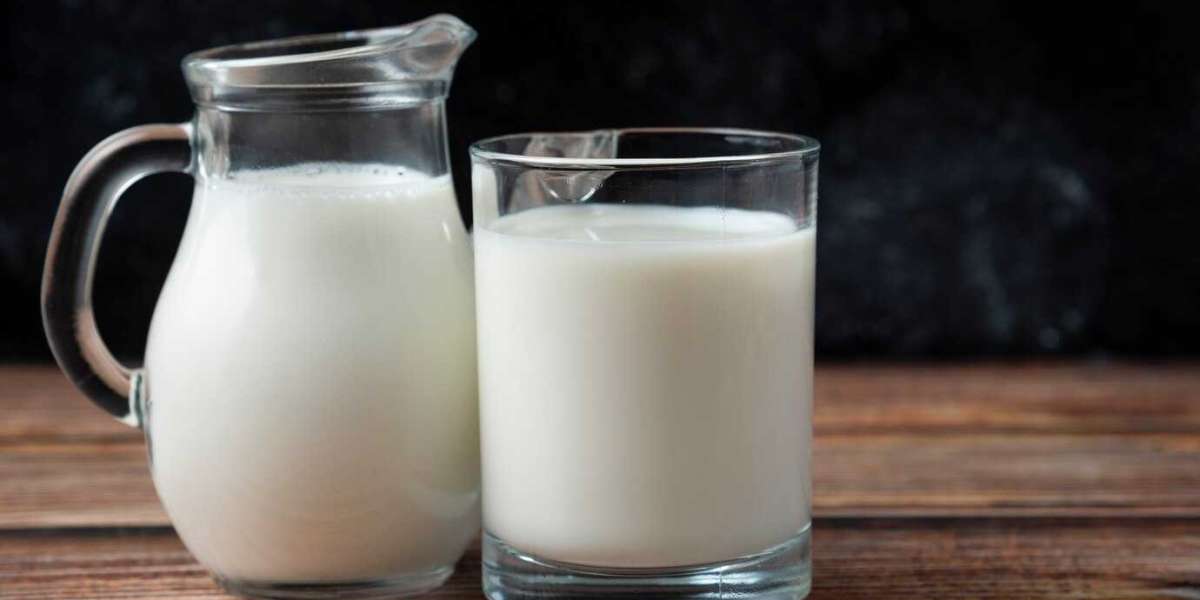Milk has long been regarded as a staple in the human diet, valued for its rich nutritional content and versatility. For cancer patients, maintaining proper nutrition is essential to support overall health and well-being during treatment. In this blog, we explore the role of milk in cancer care, examining its potential benefits and considerations for patients undergoing treatment.
Nutritional Benefits of Milk:
Milk is a nutrient-rich beverage that provides a wide array of essential nutrients, including:
- Protein: Milk is an excellent source of high-quality protein, which is crucial for tissue repair, immune function, and maintaining muscle mass during cancer treatment.
- Calcium: Milk is one of the primary dietary sources of calcium, a mineral essential for bone health. Adequate calcium intake is particularly important for cancer patients, as certain cancer treatments can weaken bones and increase the risk of fractures.
- Vitamin D: Many varieties of milk are fortified with vitamin D, which plays a key role in calcium absorption and bone health. Vitamin D may also have potential anti-cancer effects, though more research is needed to confirm its role in cancer prevention and treatment.
- Vitamins and Minerals: Milk contains various vitamins and minerals, including vitamin A, vitamin B12, phosphorus, potassium, and magnesium, which support overall health and well-being.
Considerations for Cancer Patients:
While milk offers numerous nutritional benefits, there are some considerations for cancer patients to keep in mind:
- Lactose Intolerance: Some cancer patients may experience lactose intolerance, a condition characterized by difficulty digesting lactose, the sugar found in milk. Symptoms of lactose intolerance may include bloating, gas, diarrhea, and abdominal discomfort. Patients with lactose intolerance may benefit from consuming lactose-free or low-lactose milk alternatives.
- Hormones and Growth Factors: Milk naturally contains hormones and growth factors, such as insulin-like growth factor 1 (IGF-1), which may promote cell growth and proliferation. While the significance of these compounds in cancer development is still being studied, some experts recommend caution regarding their consumption, particularly for patients with hormone-sensitive cancers.
- Organic and Hormone-Free Options: Some cancer patients may prefer to choose organic or hormone-free milk options to minimize potential exposure to pesticides, antibiotics, and synthetic hormones. These products are produced without the use of artificial hormones or genetically modified organisms (GMOs) and may offer additional peace of mind for patients concerned about potential health risks associated with conventional dairy products.
Incorporating Milk into the Cancer Diet:
For cancer patients who tolerate milk well, incorporating it into their diet can be a convenient and nutritious way to meet their calorie and nutrient needs. Some tips for incorporating milk into the cancer diet include:
- Choosing low-fat or fat-free milk options to reduce saturated fat intake and support heart health.
- Adding milk to smoothies, oatmeal, cereal, or soups for added nutrition and creaminess.
- Enjoying milk as a beverage on its own or with meals as part of a balanced diet.
- Experimenting with dairy-free milk alternatives, such as almond milk, soy milk, or coconut milk, for patients with lactose intolerance or dairy allergies.
Conclusion:
Milk can be a valuable component of the cancer diet, providing essential nutrients such as protein, calcium, and vitamin D to support overall health and well-being during treatment. However, it's essential for cancer patients to consider individual factors such as lactose intolerance, hormone sensitivity, and personal preferences when incorporating milk into their diet. Consulting with a registered dietitian or healthcare provider can help cancer patients develop personalized nutrition plans that meet their unique needs and support their journey toward healing and recovery.



